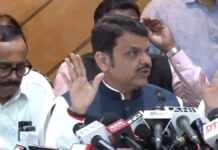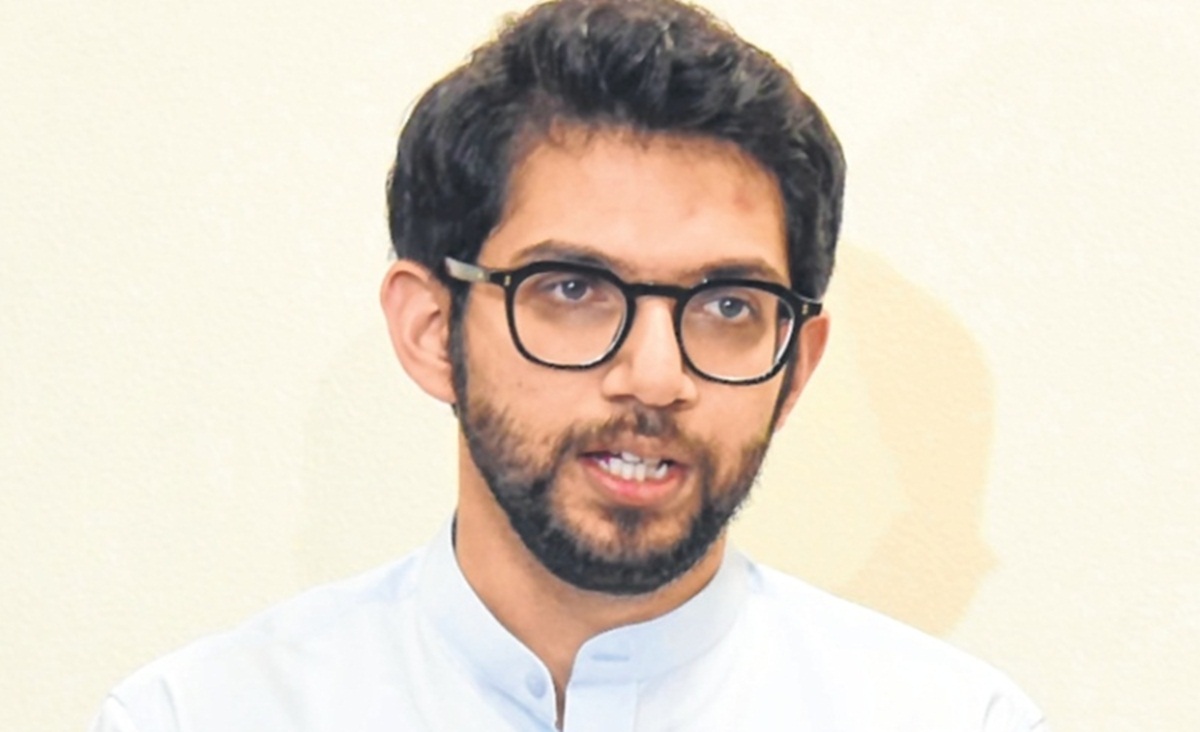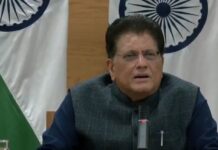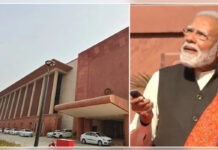X: @the_news_21
Thiruvananthapuram: The incompetence of the Congress leadership is squarely responsible for the unravelling of the INDIA bloc. As the much-touted project went on to crash in Bihar in full public glare, it also exposed the helplessness of the Congress leadership to make any intervention to defuse that devastating crisis.
Barring a few unheeded telephone calls to Nitish Kumar reportedly made by the party chief, Mallikarjuna Kharge, the Congress leadership appeared to have made no serious attempt to try and avoid the meltdown. The grand old party, packed with a self-conceited coterie around the top brass, has never been wanting in waxing eloquence about spearheading a strong movement to save the country from the Bharatiya Janta Party (BJP) and restore the national ethos under threat. The party, however, is now faced with haunting questions regarding its capabilities.
To start with, what did Rahul Gandhi, the revered icon of the resurgent Congress’, do to avoid or at least defer the meltdown in the politically crucial state? Couldn’t he at least dial Nitish Kumar and urge him to stay on for a while before precipitating the situation? Such attempts might not have clinched any result, considering the dismal track record of Nitish Kumar. Still, exercising such options would have sent a positive message that the Congress would do its level best to save the alliance it heads, wherever it runs into trouble.
Congress was a partner in the Mahagathbandhan that Nitish Kumar had ditched to cross over to the National Democratic Allaince (NDA). He had serious issues with the Rashtriya Janta Dal (RJD) leadership. The Congress could not have been unaware of that. Couldn’t the Congress leadership have intervened to patch up issues between Nitish Kumar and the RJD leadership? During the initial INDIA meetings, Congress’ spin doctors had deftly messaged that Gandhi and RJD supremo Lalu Prasad had struck a bonding, which would work wonders in Bihar. If that were true, why didn’t Gandhi leverage his personal connection with the Bihar veteran to stall the fall of the ministry?
Didn’t the Congress have any resourceful crisis managers to have been rushed to Patna? What prompted the leadership against holding any sort of back-channel engagements with the rivals? Is the Congress’s workbook devoid of all such options, exercised subtly by resourceful troubleshooters as the situation demands. A big problem with the Congress as it stands today is that Rahul Gandhi has yet to clearly define his role in the organisation. At times he speaks humdrum politics, just as any hard-boiled politician would have done. Now and then, he poses himself as the moral voice of the troubled times, as if his concerns are not determined by the profits and losses of competitive politics.
When the party won the assembly polls in Karnataka and Telangana, the credit went to Gandhi. The defeat it suffered in Hindi heartland states was, however, attributed to the failure of state leaders and local factors. It is also not very evident what ideology and approaches he actually pursues. What he really is—a socialist, welfarist, free-market proponent—or does he want the country to return to the mixed-economy days? Gandhi’s timing of campaigns is also not well chosen.
What was the urgency to hold a long-drawn road show when the Lok Sabha elections are far too close? Instead of hitting the road, he and his core team should have utilised the precious time on hand for more urgent tasks like tying up seat-sharing with allies and spotting the party’s candidates in as many seats as possible across the states.
Amid all these confusing signals, Rahul Gandhi, however, continues to be the most trusted persona for the party ranks across the country. The developments in Patna have further dwindled the stock of the Congress as a vanguard force capable of leading a credible alternative to the grim battle just a few weeks away.








clomid cycle clomid tablets where can i get clomid no prescription can you buy clomiphene pills can i order clomiphene without rx where can i get cheap clomid tablets get cheap clomiphene without a prescription
This website positively has all of the information and facts I needed about this case and didn’t comprehend who to ask.
With thanks. Loads of conception!
buy generic zithromax online – order tinidazole pills flagyl for sale
semaglutide tablet – buy semaglutide 14mg generic order cyproheptadine
motilium 10mg tablet – oral motilium 10mg flexeril 15mg pill
buy cheap coumadin – blood thinner hyzaar price
buy meloxicam 7.5mg online – mobo sin order meloxicam 7.5mg online
prednisone generic – https://apreplson.com/ buy deltasone 5mg without prescription
ed pills cheap – https://fastedtotake.com/ ed pills no prescription
cheap amoxil generic – combamoxi amoxil where to buy
lexapro generic – https://escitapro.com/ buy escitalopram 20mg for sale
purchase cenforce online cheap – https://cenforcers.com/ cenforce ca
does cialis make you last longer in bed – strongtadafl buy cialis online without prescription
buy ranitidine generic – order ranitidine 150mg buy zantac for sale
I’ll certainly carry back to skim more. site
Proof blog you have here.. It’s intricate to find elevated quality script like yours these days. I truly appreciate individuals like you! Go through vigilance!! https://ursxdol.com/provigil-gn-pill-cnt/
Thanks towards putting this up. It’s well done. on this site
Thanks for sharing. It’s top quality. https://ondactone.com/simvastatin/
More posts like this would create the online play more useful.
flexeril 10mg capsule antibiotic
More posts like this would make the online space more useful. http://www.01.com.hk/member.php?Action=viewprofile&username=Zqogga
buy forxiga 10 mg generic – https://janozin.com/ order generic dapagliflozin
buy generic xenical over the counter – https://asacostat.com/ orlistat 60mg pill
Thanks recompense sharing. It’s first quality. http://bbs.51pinzhi.cn/home.php?mod=space&uid=7113218
This website exceedingly has all of the bumf and facts I needed there this participant and didn’t identify who to ask. TerbinaPharmacy
More posts like this would make the online elbow-room more useful.
kuwin sở hữu kho game đa dạng từ slot đến trò chơi bài đổi thưởng, mang đến cho bạn những giây phút giải trí tuyệt vời.
利用强大的谷歌蜘蛛池技术,大幅提升网站收录效率与页面抓取频率。谷歌蜘蛛池
采用高效谷歌外推策略,快速提升网站在搜索引擎中的可见性与权重。谷歌外推
Đến với J88, bạn sẽ được trải nghiệm dịch vụ cá cược chuyên nghiệp cùng hàng ngàn sự kiện khuyến mãi độc quyền.
mgm betmgm https://betmgm-play.com/ mgm app promo